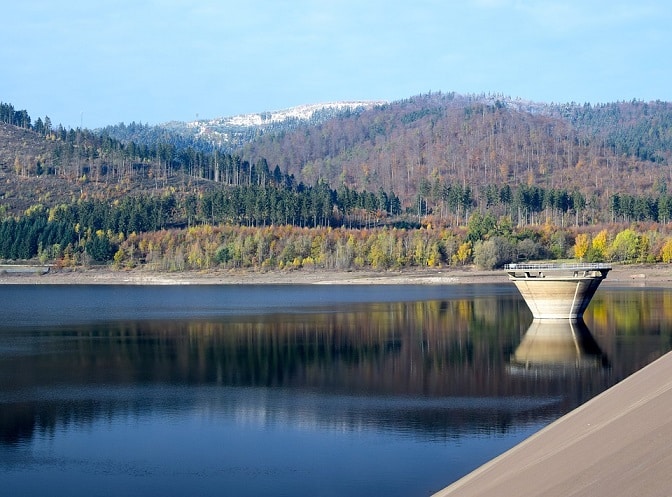Access to clean, safe drinking water is a human right, and in developed countries, most individuals take this service for granted and pay very little for it. Unfortunately the same cannot be said for those in developing countries.
Water systems currently require energy, chemicals and infrastructure, extract large quantities of water from the environment, and even more energy and infrastructure to remove waste, treat it, and return some of that water to the environment.
In many countries, including in the UK, the water infrastructure is ageing and deteriorating and requires unprecedented investment to make it ready for future requirements. The impacts of climate change, coupled with a burgeoning population explosion, increasingly stringent drinking water quality and environmental discharge standards, complex and energy-consuming water treatment, leakage, and unmitigated emigration to cities, makes this more urgent than ever before.
It has become clear that new and innovative methods of achieving sustainable clean water for everyone need to be looked into. This may point to solutions tailored to local needs as opposed to the current one-size-fits-all approach of large centralised infrastructure; water systems that have no adverse impact on the environment, or which have positive impacts for people, society, the environment and the economy.
Research into treatment technologies such as low-pressure membrane systems that will work under gravity flow without pumps could have great potential for treating a variety of water sources with new technology and new ways for people to interact with water.
Engineering researchers are currently busy designing treatment systems to remove fats, oils and grease from sewers before they cause major blockages, known as fatbergs. Research into treatment technologies such as low-pressure membrane systems that will work under gravity flow without pumps is also ongoing, together with other innovative methods of engineering the sustainable water systems of the future.
The opportunity also exists for water systems that can operate at the neighbourhood level similar to electricity networks, and which can be configured to act as energy storage systems to offset the variability in electric power generation to store heat or energy in the form of pressurised water.
There are various methods to achieve sustainable clean water for everyone, and hopefully someone will discover the perfect method soon.
Get plumbed water cooler or bottled water cooler from Living-Water.






